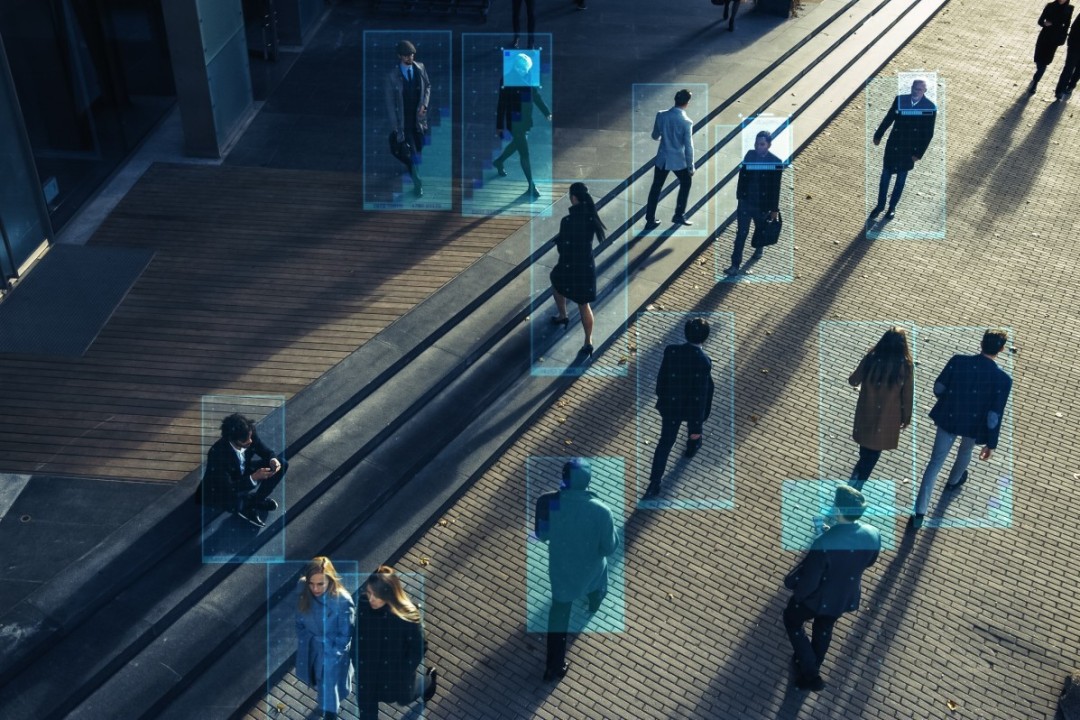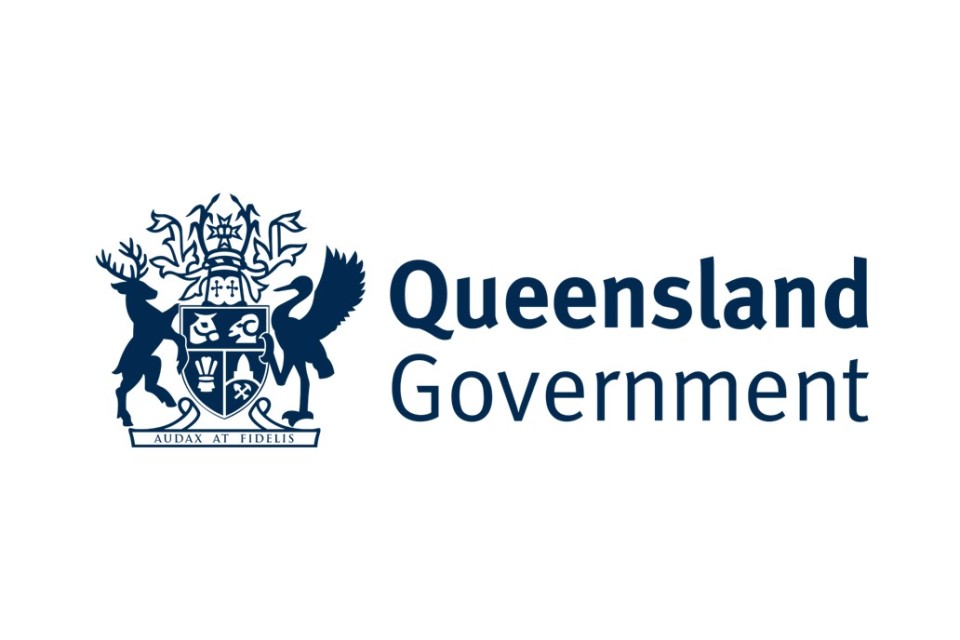Wed, October 02, 2024
France is looking into broadening AI surveillance efforts beyond Paris in 2024

Whilst members of the French law enforcement are advocating the expansion of AI in the form of surveillance, which was introduced for the Paris Olympics, Human Rights Lawyers want to draw attention to the infringement this has on the privacy of individuals.
They also argue that the perpetual use of AI surveillance will inevitably cause people to take advantage in the future, causing more serious issues to arise. The law currently allows the AI surveillance which was introduced in May 2023 for the 2024 Games to be used until March 2025, but human rights organisations are worried that such technology will become permanent.
Last week in France, police prefect Laurent Nuñez, a former interior minister and supporter of President Emmanuel Macron, informed the legal committee of the French parliament that algorithmic surveillance had "demonstrated its effectiveness" after the third Olympic Games held in the capital.
The new technology allows surveillance footage to be examined more easily, making the identification of important occurrences more efficient. However, human rights activists also highlight the fact that the AI surveillance was created using data that is likely to be discriminatory if reviewed, leading to even more inequity for certain groups of people. During the Games, the National Commission for Informatics and Liberties raised legal concerns surrounding the failure to publish the use of the AI surveillance in a timely manner, cementing the concerns of the human rights activists.
The French government is expected to present a report on the use of AI surveillance to parliament by the end of this year, after which a debate will be held on whether to extend its use beyond the current deadline of 31 March 2025.
During the 2012 London Olympics, there was a significant increase in the deployment of CCTV cameras throughout the city. Similarly, the 2018 FIFA World Cup in Russia allowed for experimentation with facial recognition technology, which continues to be utilised today.



